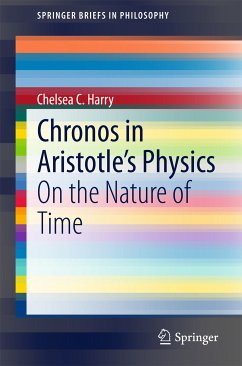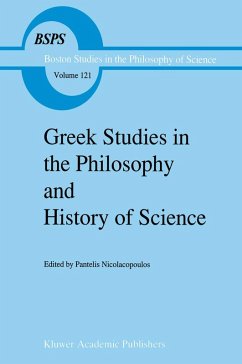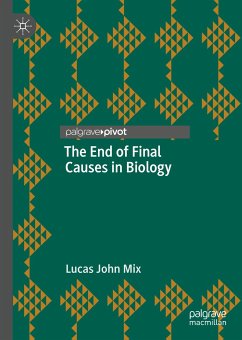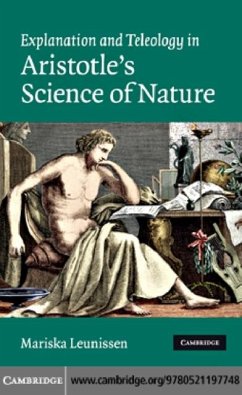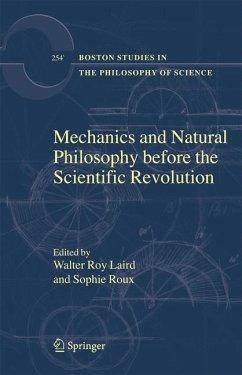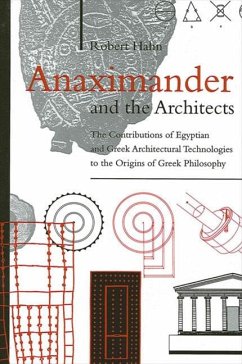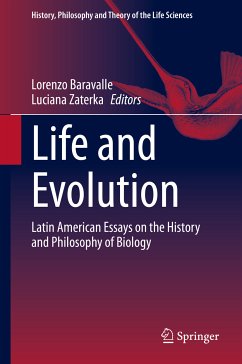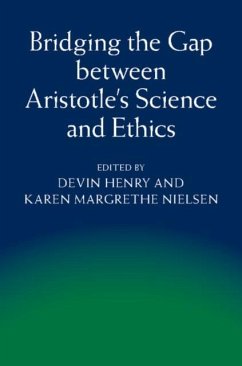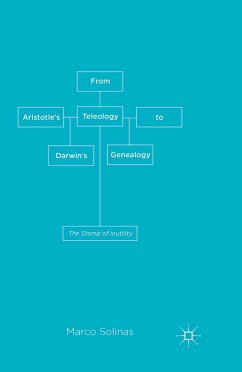
From Aristotle's Teleology to Darwin's Genealogy (eBook, PDF)
The Stamp of Inutility
Versandkostenfrei!
Sofort per Download lieferbar
40,95 €
inkl. MwSt.
Weitere Ausgaben:

PAYBACK Punkte
20 °P sammeln!
From Aristotle to Darwin, from ancient teleology to contemporary genealogies, this book offers an overview of the birth and then persistence of Aristotle's framework into modernity, until its radical overthrow by the evolutionary revolution.
Dieser Download kann aus rechtlichen Gründen nur mit Rechnungsadresse in A, B, BG, CY, CZ, D, DK, EW, E, FIN, F, GR, HR, H, IRL, I, LT, L, LR, M, NL, PL, P, R, S, SLO, SK ausgeliefert werden.



